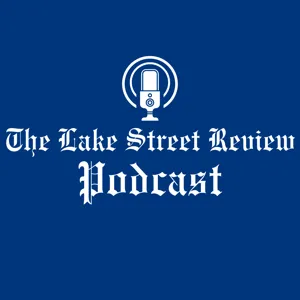The Full-Reserve Banking System: A Much Superior System to Fractional-Reserve Banking

In this episode, Germinal G. Van presents the concept of the full-reserve banking system as well as its mechanisms, advantages and disadvantages.
The main concept about the full-reserve banking system is that it is a system where banks are required to hold deposits in reserve, meaning they cannot lend out nay of the money deposited by their customers. This is in contrast to the fractional-reserve banking system, which is the currenct system used in most countries, where banks can lend out a portion of their deposits while keeping a fraction in reserve.
The full-reserve banking system presents a number of advantages such making depositors' money safe, and stabilizing the financial system; but also contains some drawbacks such as limited credit availability and the inability of central banks to monitor the money supply. Germinal G. Van sees these drawbacks, however, as advantages because they enhance a prudent approach to banking and show that central banking is not a necessity to maintain economic stability.
